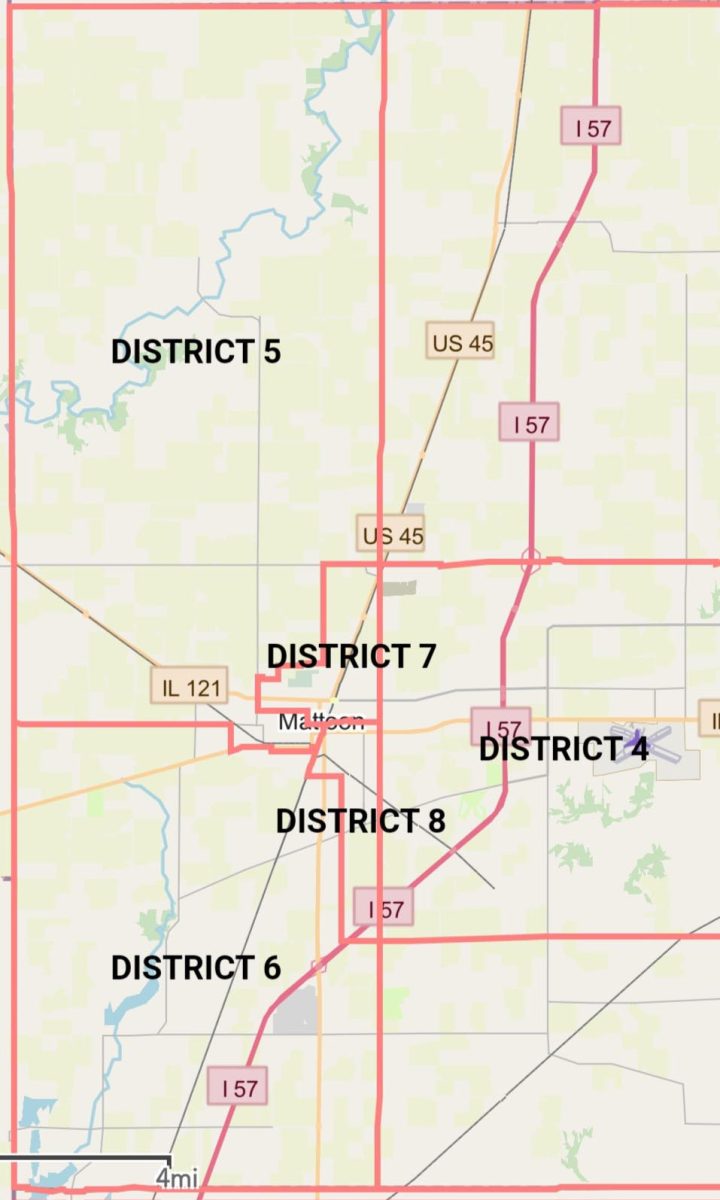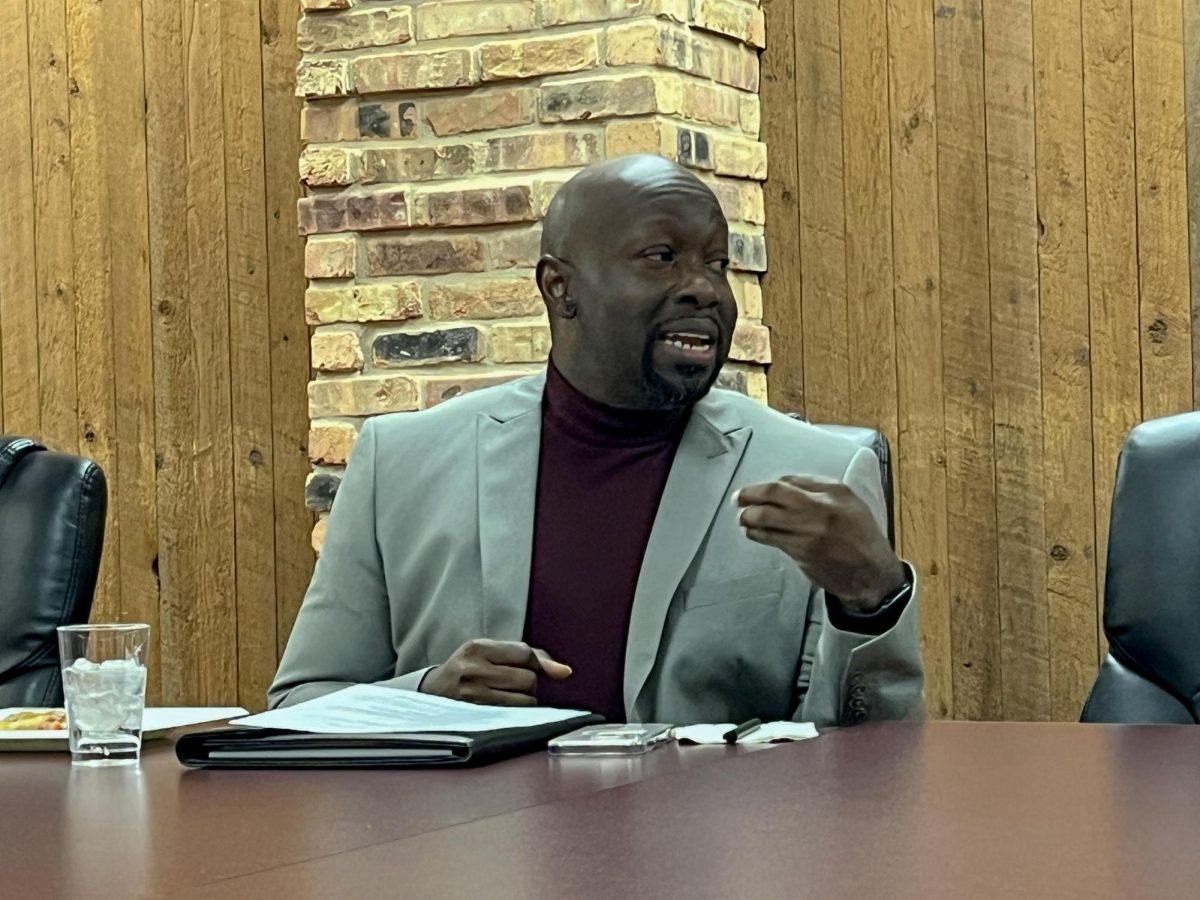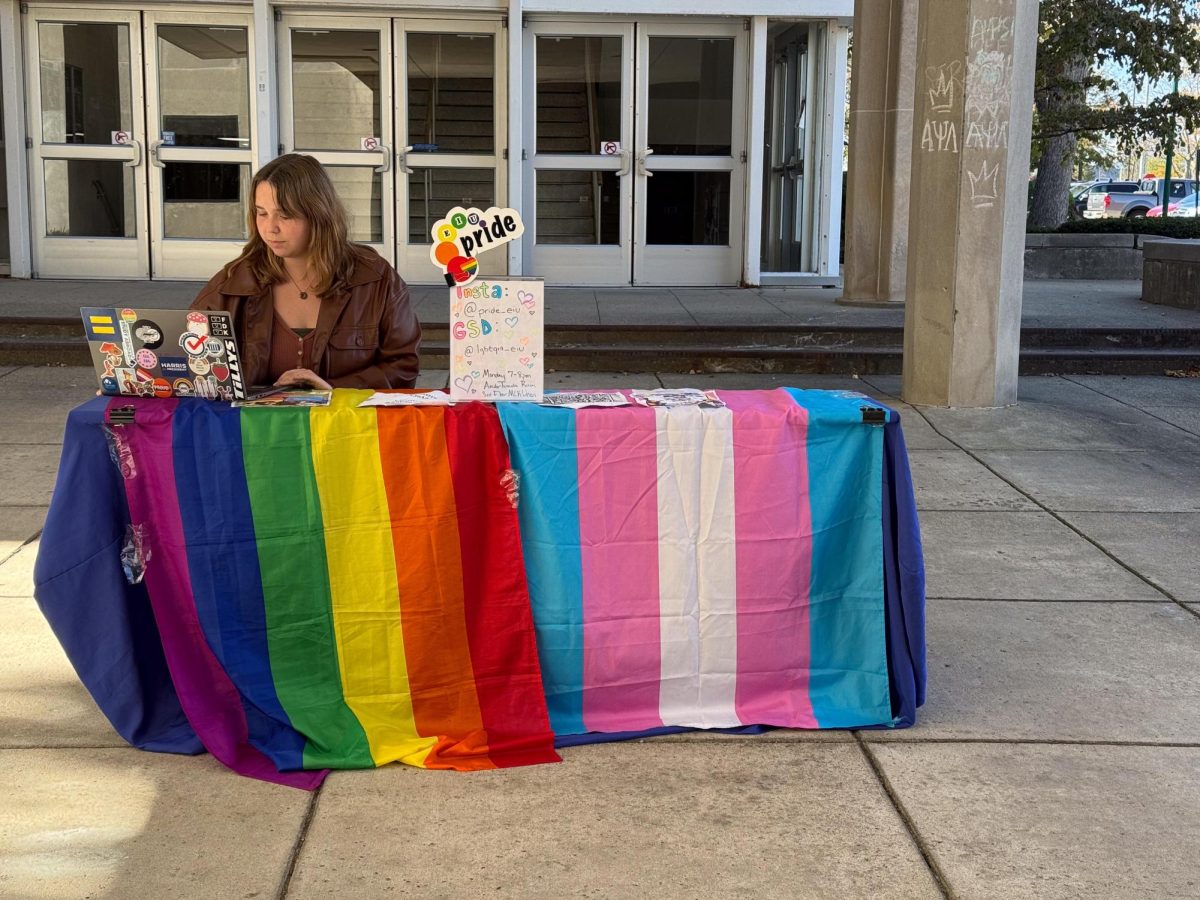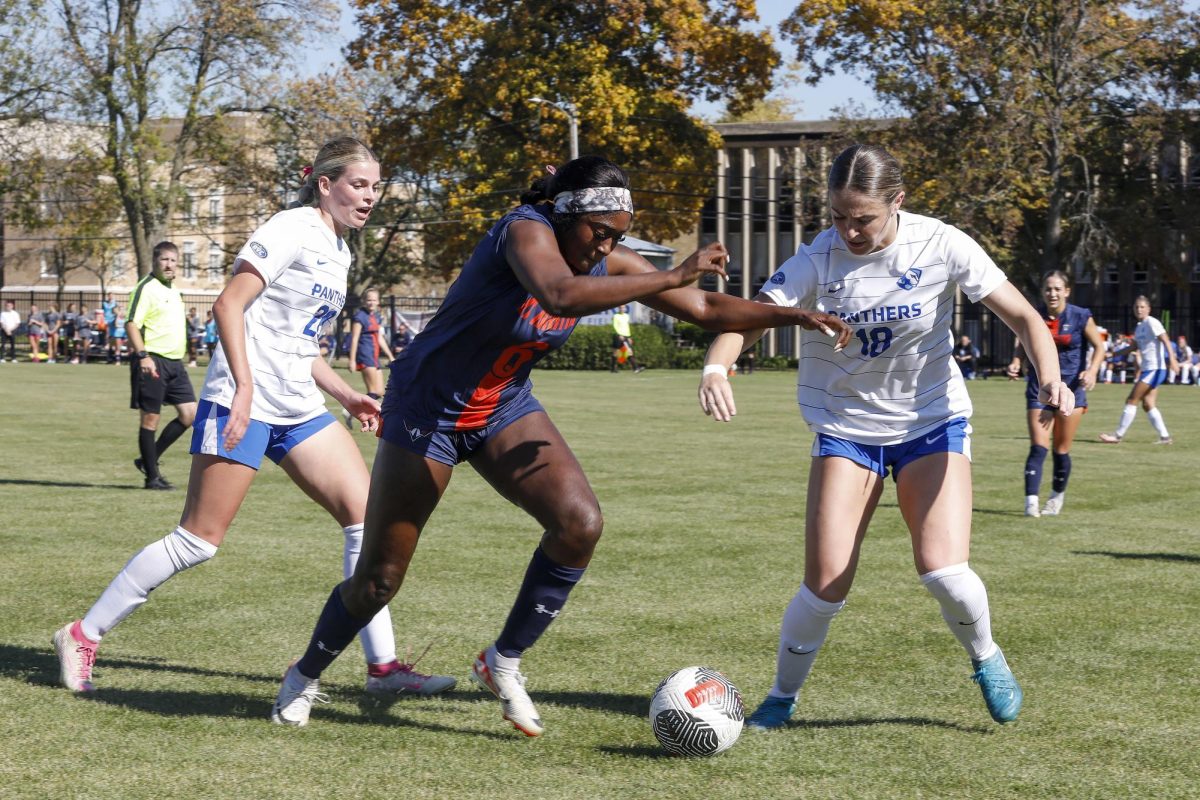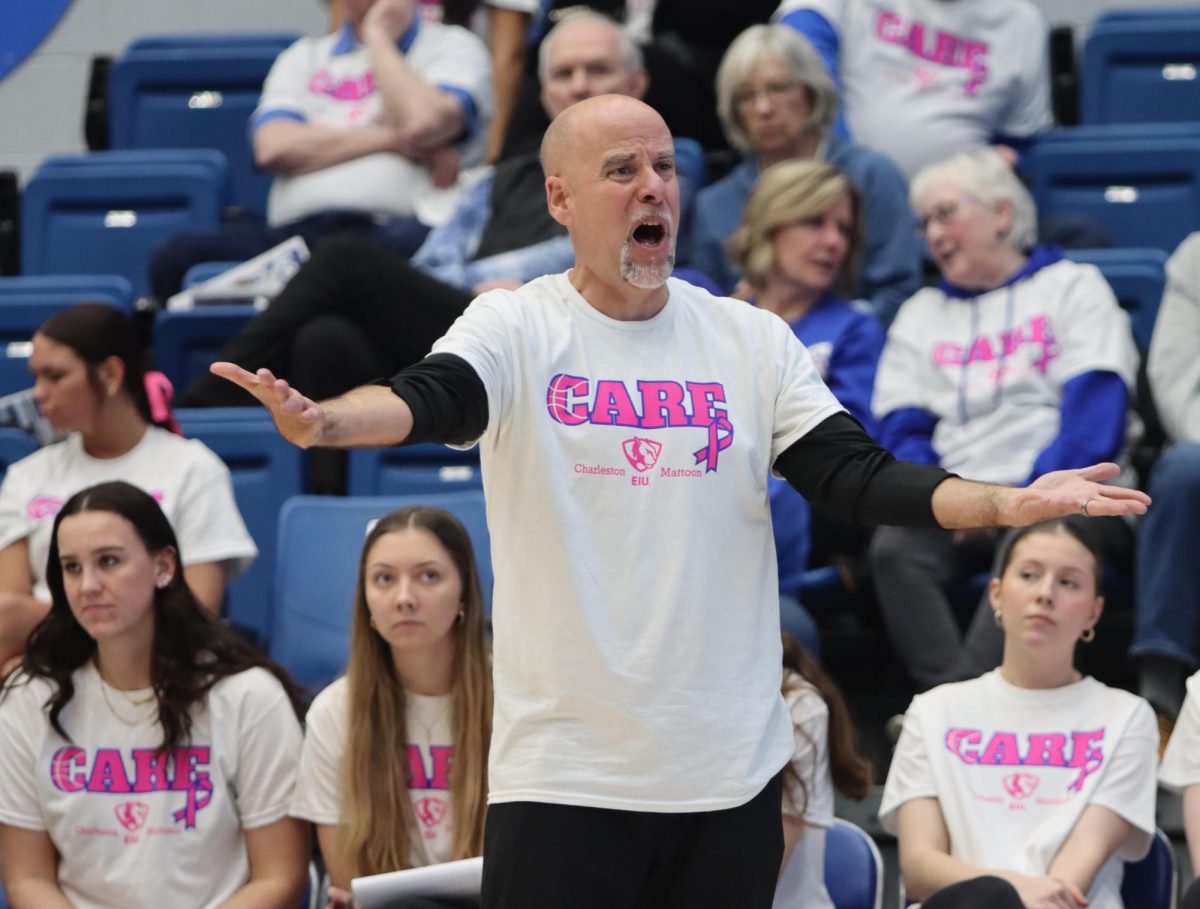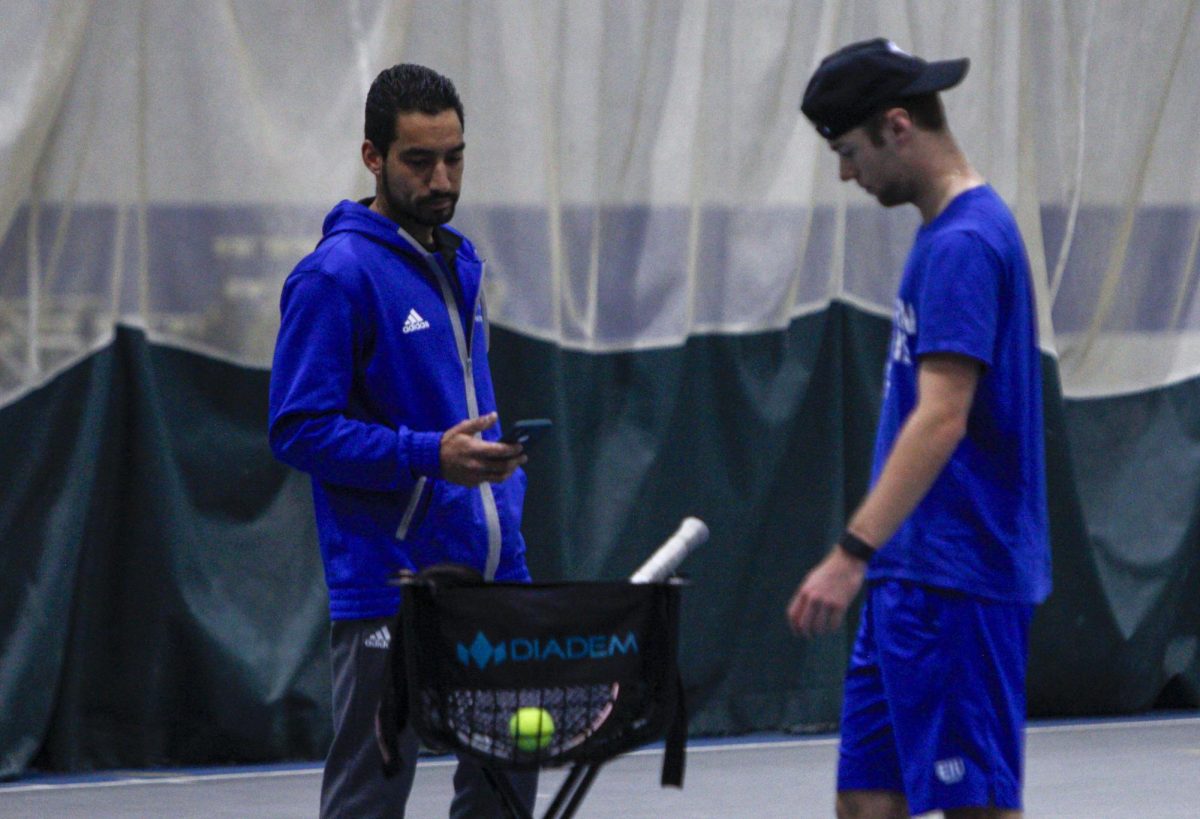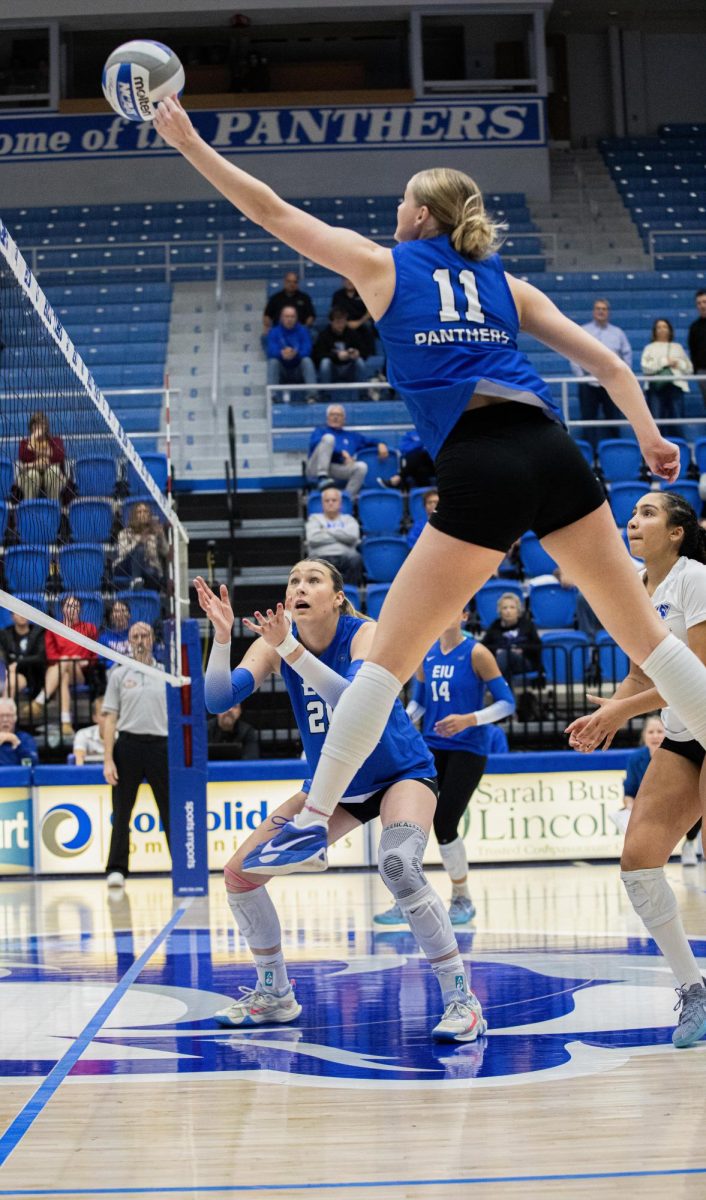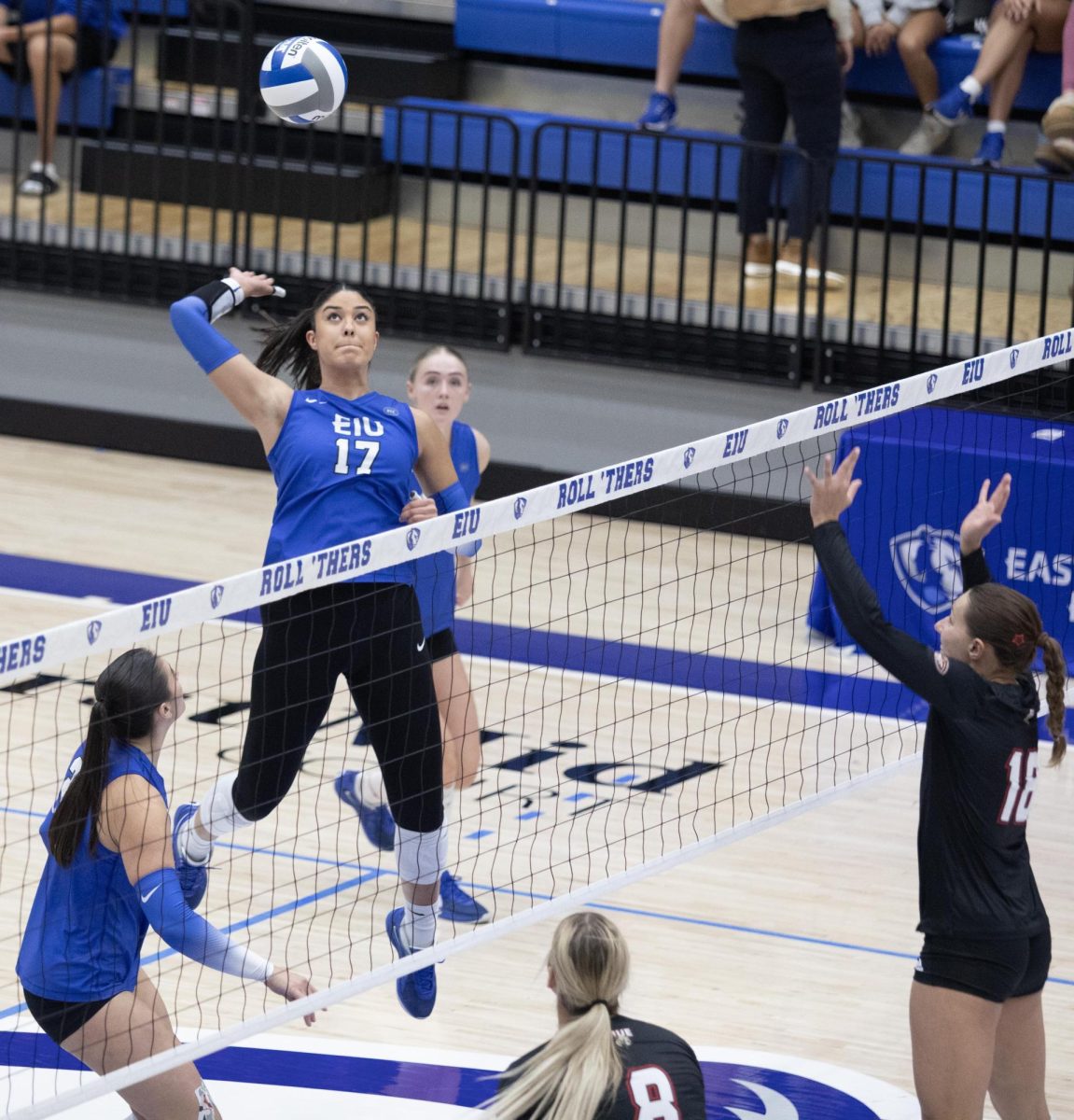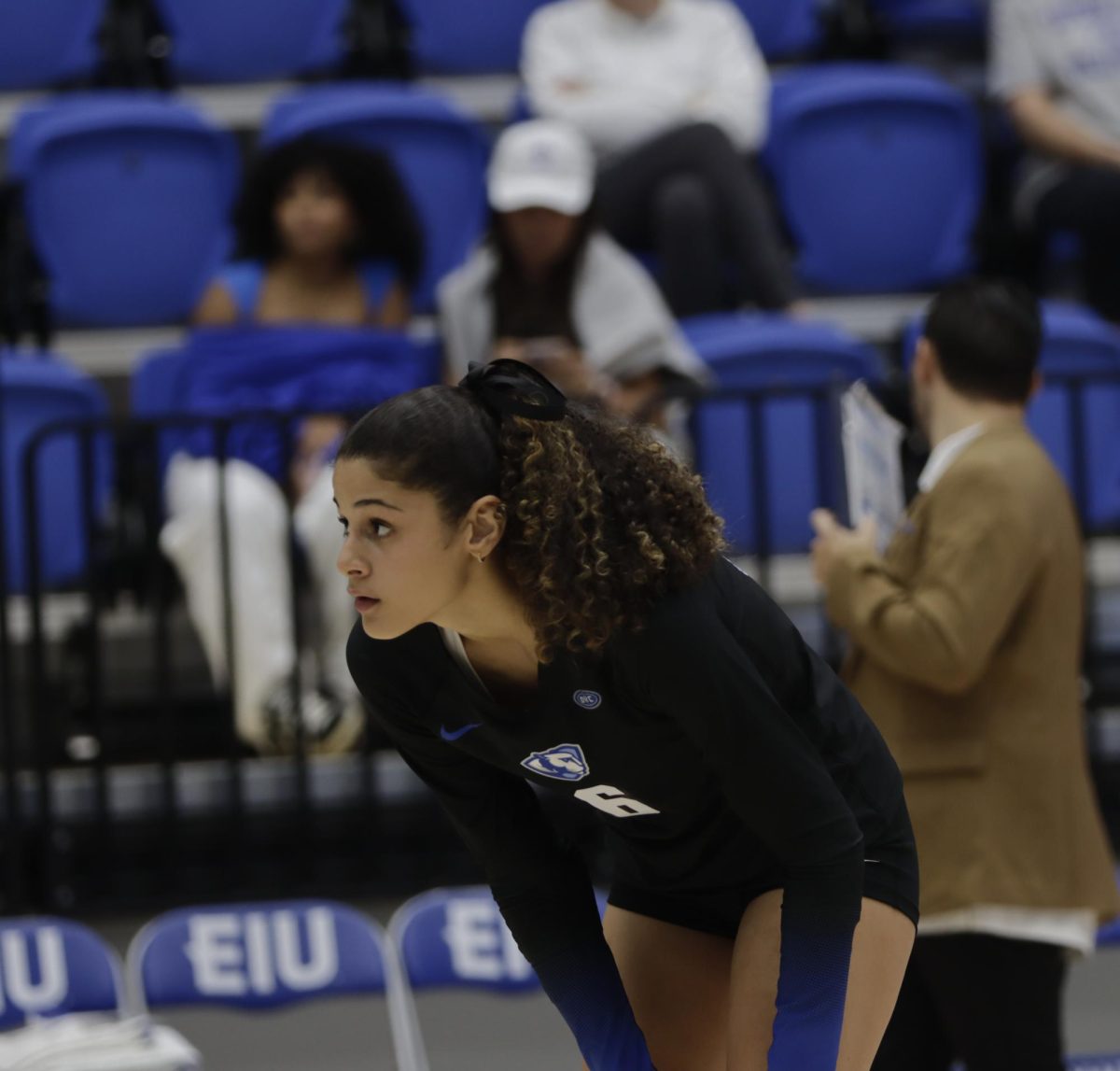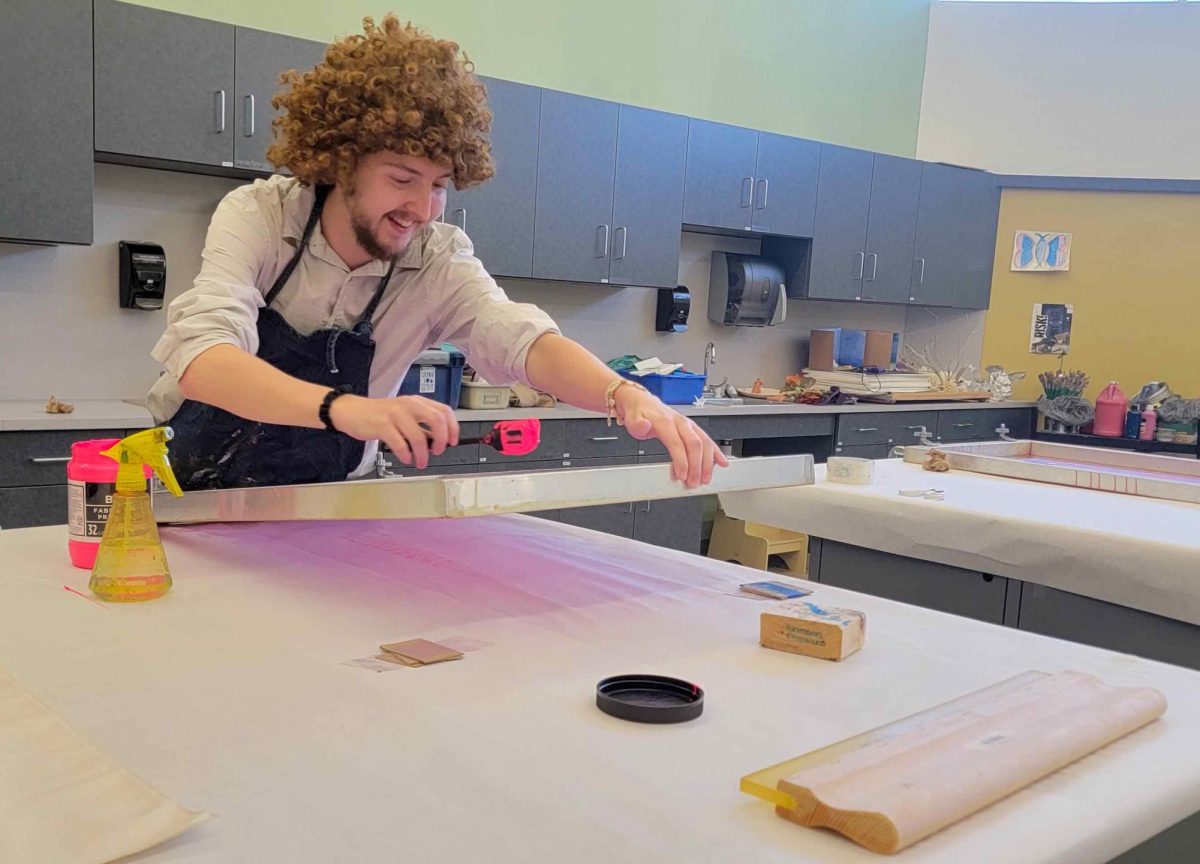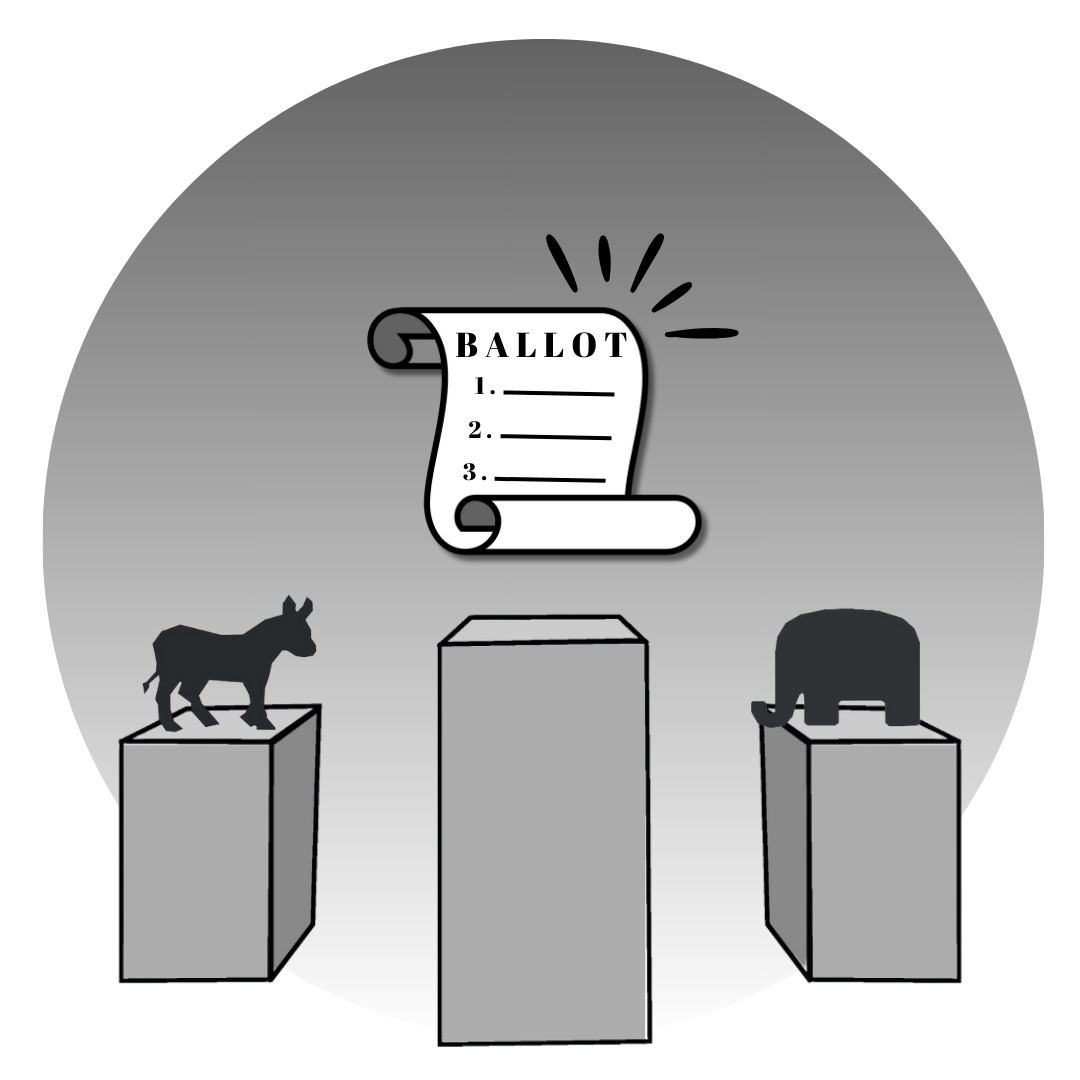Math professor discusses changing math education climate
December 7, 2014
From modern secondary education standards to the relevancy of standardized tests in today’s mathematics classrooms, Rochelle Gutiérrez discussed many modern issues Friday in a presentation to students and professors.
Gutiérrez, a professor of doctoral students within the math department at the University of Illinois, has spent much of her academic career studying math education and attempting to alleviate problems caused by what she terms a “high-stakes era” for teaching.
“Today, teachers are having to negotiate their practice with colleagues, students, parents, administrators and for-profit corporations,” she said. “It’s not enough for you to have your own sense of what it is you’re trying to do as a teacher.”
She said teachers at every level need to aspire to discuss the broad ideals of math before being able to convey specific principles such as memorizing formulas and postulates.
“[Teachers are] having to negotiate with other people – what is learning, what is education, what is the purpose of schooling, what is mathematics?” she said.
Gutiérrez said another problem within education is the decrease in financial assets.
“A lot of teachers are working with fewer material and human resources, so today many teachers are having to be nurses, psychologists and other kinds of roles that schools have cut back on,” she said.
Gutiérrez also noted the change in for-profit corporations in their entrance into the business of “making and administering tests.”
“Pearson is an example of a company that just made textbooks and maybe some associated materials for learning different subjects,” she said. “I know that it’s quite shocking to many within educating that last year they started to becoming in the business of deciding how well students do, but also being tied to teacher performances.”
The changes within education in general are what Gutiérrez has been studying throughout her career.
“It used to be we, as university professors, had the say in terms of who is ready to be a teacher,” she said. “Many of us have the expertise within education, but now Pearson is the place that students will pack up their portfolios – that we are not allowed to help them with – and they will pay $400 to and send this off to Pearson and then Pearson will decide whether or not they get to become teachers.”
To Gutiérrez, these changes embody how education is at “a different moment in terms of education” when private corporations are determining how students do on tests, who gets to stay a teacher, who gets to become a teacher in the first place.
“This is really different moment that we are in in terms of education,” she said. “We just keep seeing that more and more products are getting developed around this model concerning a for-profit corporation weighing in.”
Gutiérrez also addressed the trend of states refusing to comply with national Common Core standards.
“A lot of teachers and researchers are not against the Common Core state standards, but I think that what people are saying is that teachers have not been given enough time or support to see how [Common Core] is going to play out,” she said.
She said she has observed the test-producing process from the opposite side of teachers, i.e., helping Pearson-like companies develop tests.
“Unfortunately, I have served on the other side to develop items for the PARCC assessment, not because I am for the PARCC assessment or because I’m for Pearson, but for a number of years I was asked to develop those items, and I don’t believe in that whole movement of standardized tests,” she said. “So I said no, but after a number of years, I wanted to be on the other side to see what these tests look like.”
Because of her desire to preview these tests she says, “are coming,” Gutiérrez embraced the early stages of the standardized test planning.
“It was really scary, to be honest, the kinds of stuff that was being told to us about how [companies like Pearson] weren’t interested in taking responsibility about what was going to come out of those tests of students who don’t do well on the tests. It seemed to be, for example with New York Common Core, the argument seemed to be, ‘see look how poor your students are in learning that you didn’t even know about,’” she said.
Gutiérrez then discussed what she called “creative insubordination” in school districts when dealing with districts that do not embody the ideals that Gutiérrez discussed, such as the discussion of “what is math?”
Alejandra Alvarado, a math professor at Eastern, said she was glad Gutiérrez was able to come speak to both students and faculty alike.
“I am interested in what are my students learning and what background they do have because a lot of my students come in with a certain expectation and it’s not there, so I am trying to figure out what I can do for them to better my class,” Alvarado said.
Alvarado said she was “pleasantly surprised” Gutiérrez agreed to come talk to the 34 people who attended the event.
Alvarado was able to secure funding to allow Gutiérrez to come to Eastern as a part of a Redden grant sponsored through Eastern.
As well as Gutiérrez, other math-related speakers will be coming to Eastern in future semesters as a part of the Redden grant.
Jack Cruikshank can be reached at 581-2812 or jdcruikshank@eiu.edu.



